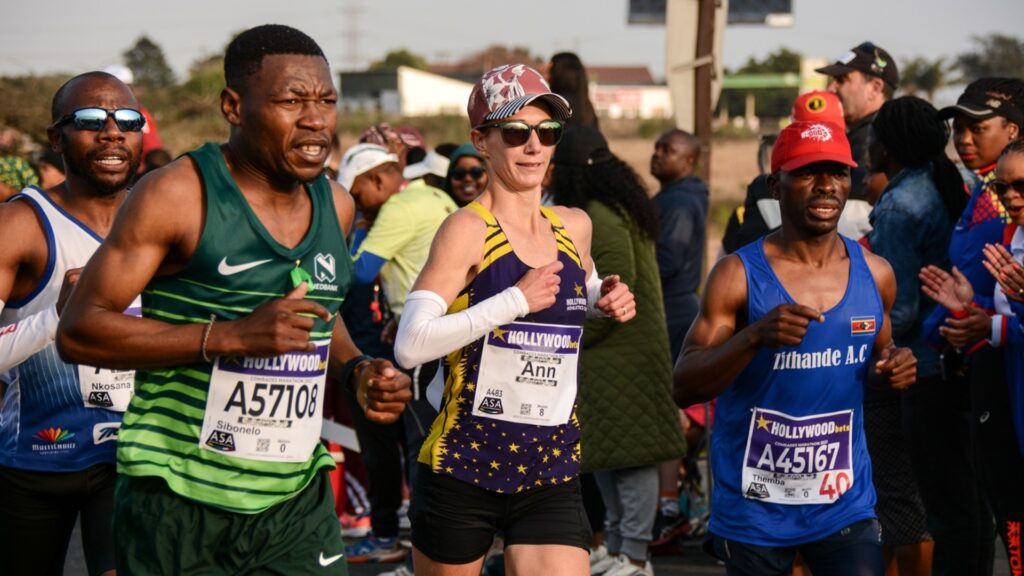The Comrades Marathon is a grueling race that requires meticulous planning, rigorous training, and strategic execution. Gustav Roos, a seasoned marathoner with a personal best of 2:47, has faced challenges in securing a silver medal at the Comrades Marathon despite consistent sub-3-hour marathons.
In this article we insights into potential areas for improvement that can help Gustav and other runners achieve their goals.

Evaluating Training Mileage and Preparation
A key aspect of marathon success is the training mileage leading up to the race. For runners aiming for a silver at the Comrades Marathon, it’s crucial to assess:
- Marathon Training Mileage: Understanding the weekly and monthly mileage that contributes to achieving a 2:47 marathon is important. Ensuring that this base mileage is adequate to support ultra-distance training is essential.
- Comrades-Specific Training: The training plan should be tailored specifically for the Comrades Marathon, which includes longer runs and perhaps a different training structure compared to standard marathon training. Following a dedicated Comrades Marathon silver program can provide a structured approach.
Race Day Strategy
Even with perfect training, race day strategy can make or break the attempt to achieve a silver medal. Coach Parry emphasizes the following strategic elements:
- Pacing Strategy: A common pitfall is starting the race too fast. With a marathon time of 2:47, a runner should aim for a Comrades finish around 6:50 to 7 hours. Maintaining an even pace throughout the race is crucial to avoid burnout.
- Run/Walk Strategy: Although not typical for a runner of Gustav’s caliber, incorporating walk breaks can be beneficial. Implementing short walk breaks every 10-15 kilometers, especially on challenging climbs, can help conserve energy and maintain a steady pace.
- Setting Realistic Goals: Adjusting expectations based on training and previous race experiences is essential. Aiming for a slightly more conservative time of around 7:10 can prevent overexertion and increase the chances of finishing strong.

Tailoring Training Plans
Without specific details on Gustav’s training regimen, it’s difficult to pinpoint exact areas for improvement. However, general recommendations include:
- Increasing Mileage: If current training mileage is insufficient, gradually increasing the volume can build the endurance needed for the ultra-distance.
- Incorporating Long Runs: Long runs that simulate race conditions, including elevation changes and duration, are vital. These runs should be strategically placed within the training plan to maximize adaptation and recovery.
- Monitoring and Adjusting: Regularly assessing training progress and making necessary adjustments ensures that the training remains aligned with race goals. This can involve tweaking mileage, intensity, and recovery periods.
Seeking Professional Guidance
For runners struggling to achieve their desired performance, consulting with a coach or joining a training community can provide valuable support and tailored advice. Coach Parry’s online community offers a platform to ask questions, share experiences, and receive feedback from experts and fellow runners.

Conclusion
Achieving a silver medal at the Comrades Marathon requires a blend of appropriate training, strategic race planning, and realistic goal setting. By evaluating training mileage, implementing a thoughtful pacing strategy, and possibly incorporating walk breaks, runners like Gustav Roos can enhance their performance and work towards their goal. Engaging with professional coaches and running communities further supports this journey, providing insights and encouragement along the way.
For more personalized training programs and expert advice, consider joining the Coach Parry online community.



Comments are closed.